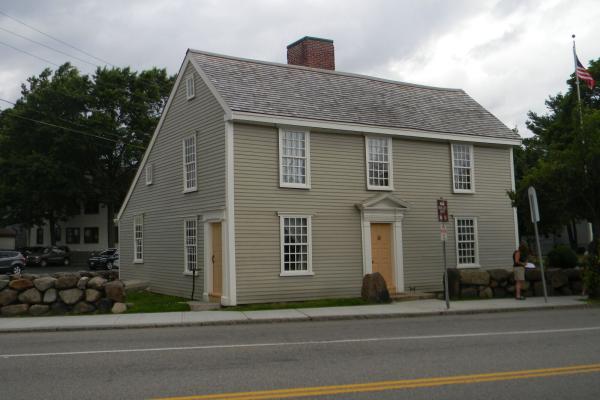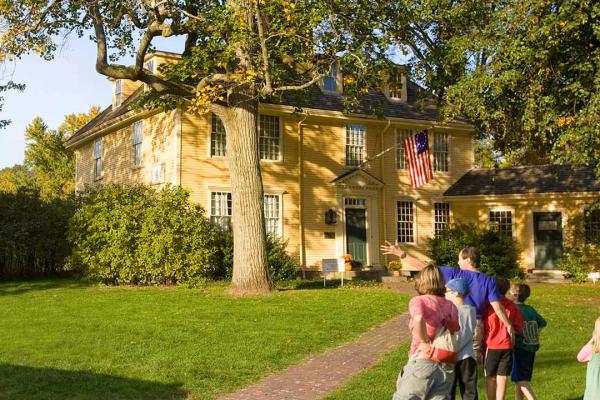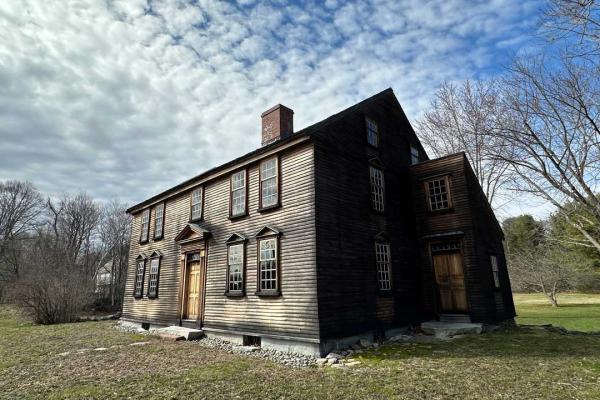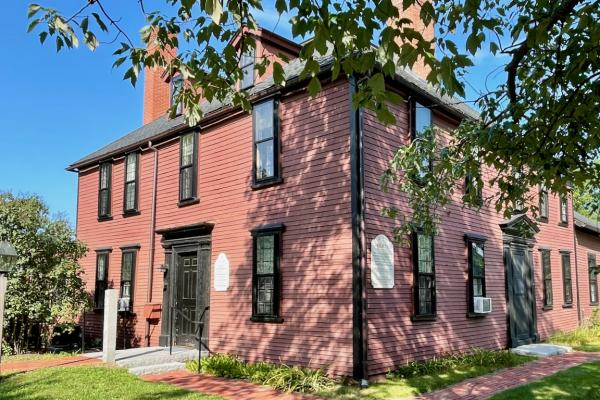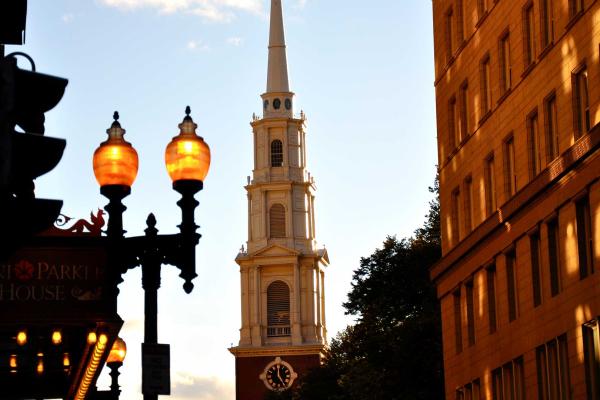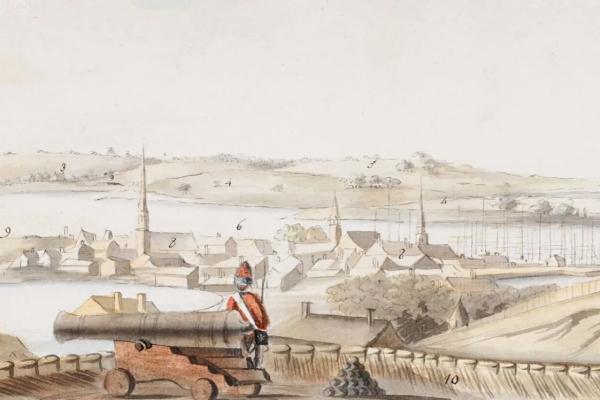In 1761, Isaac Stone donated a bell to the town of Lexington. Weighing over four hundred pounds, it was hung in a belfry built the following year. In 1768, the belfry was relocated to the town common. The bell tolled to summon people to worship, warn of danger, or observe deaths. Early on April 19, 1775, Captain John Parker used the bell to summon the Lexington militia to the Green after Paul Revere brought word that British troops were approaching.
In 1909, a storm destroyed the belfry. It was rebuilt in 1910 and moved to its current location in 1913, back on the original hill where it was first built. The bell rings at 5:30 AM on Patriots’ Day, the state holiday marking the battles at Lexington and Concord. Nearby, visitors can explore the Lexington Battle Green, Buckman Tavern, and the Hancock-Clarke House, all of which engage the visitor with this defining moment in American history.
What's Nearby
Explore more of The Liberty Trail by visiting these nearby attractions.
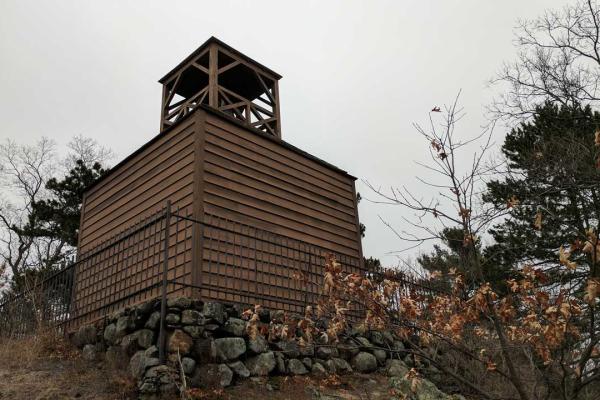
Lexington, MA 02421
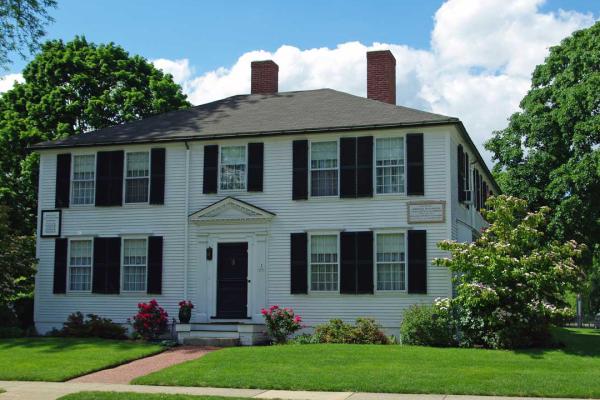
Lexington, MA 02421
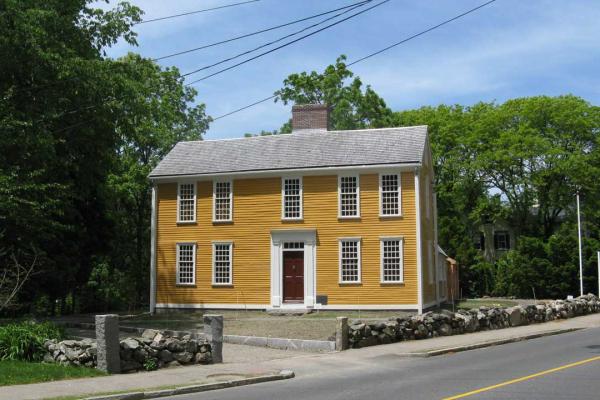
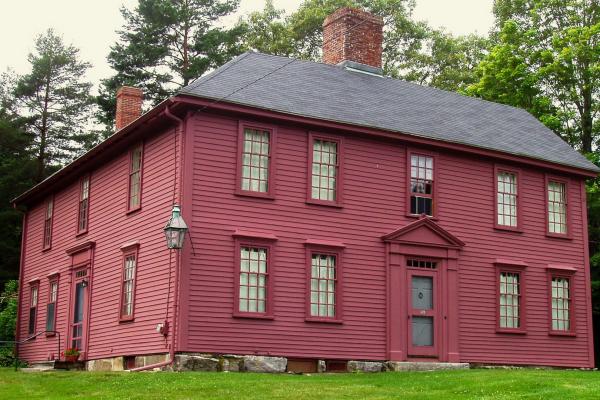
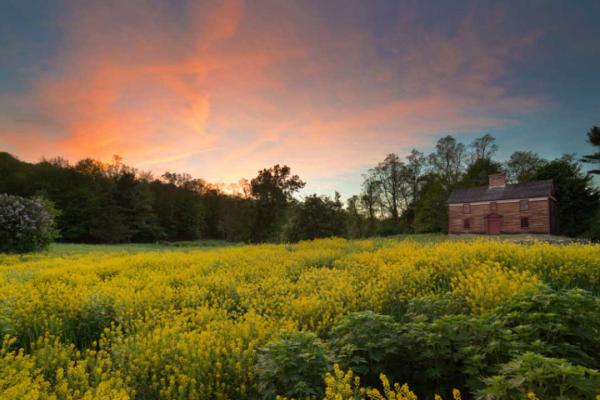
Lincoln, MA 01773
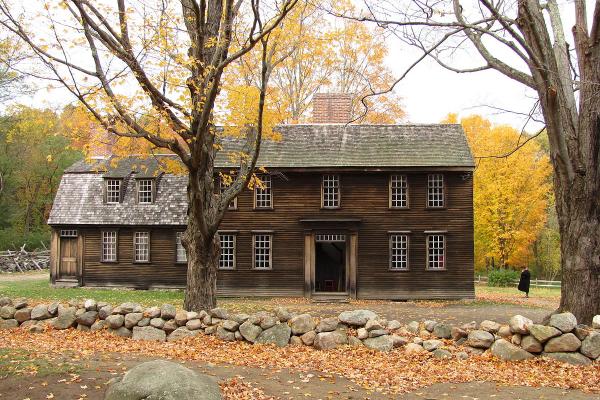
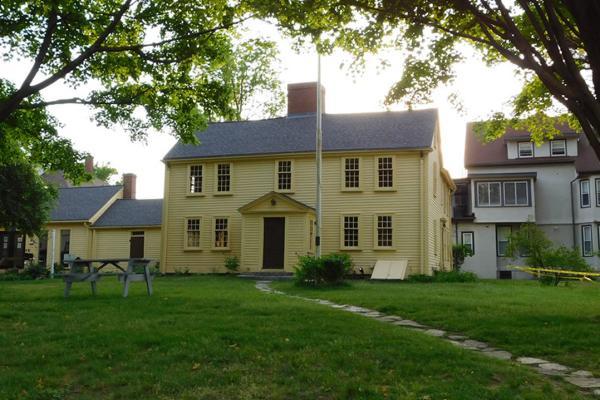
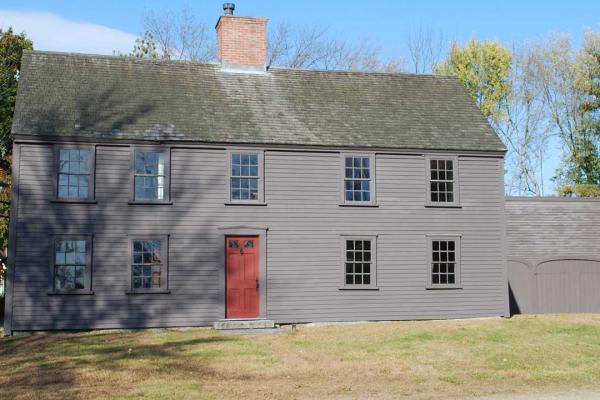

Waltham, MA 02453
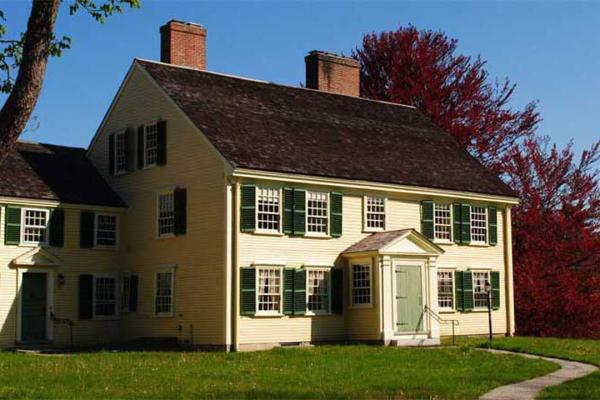
Concord, MA 01742

Watertown, MA 02472
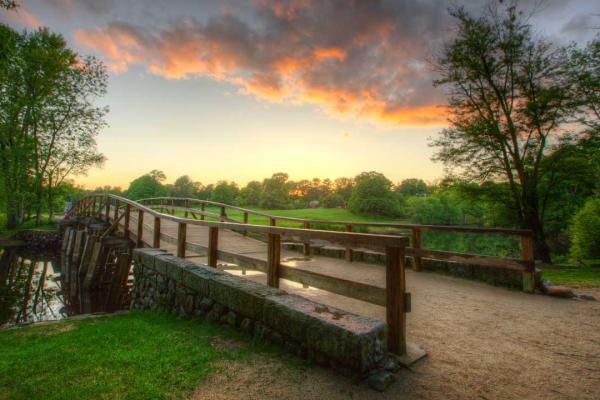
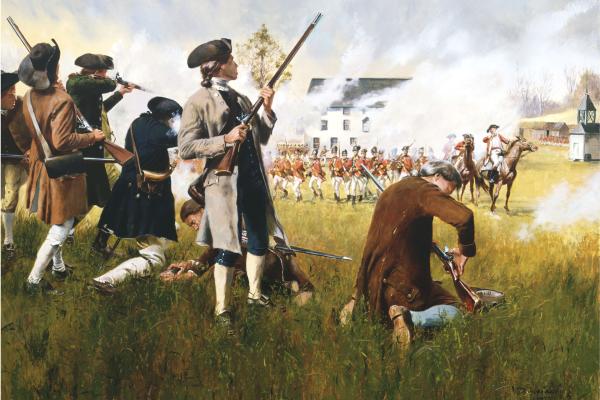

Weston, MA 02493

Cambridge, MA 02138

Way, MA 01778
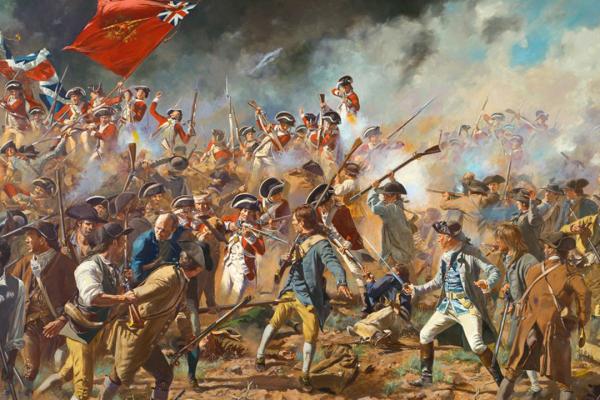
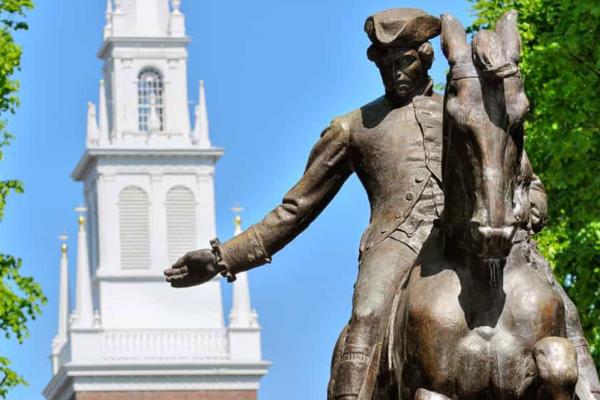
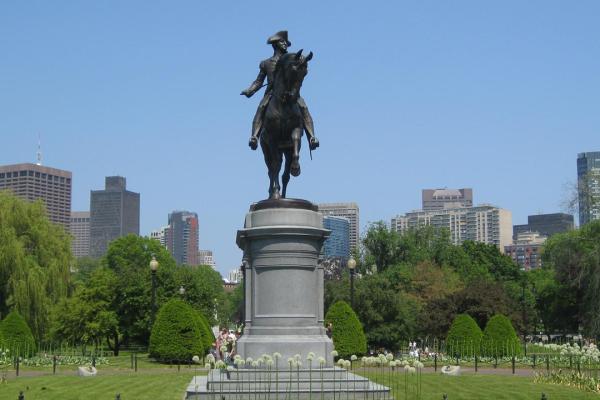
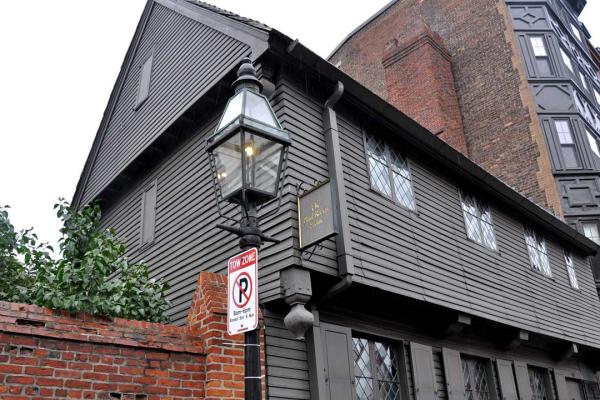
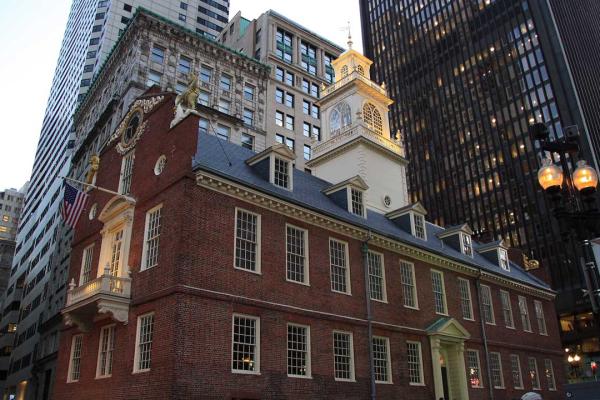


Roxbury, MA 02119


Wayland, MA 01778

Boston, MA 02127

Framingham, MA 01702

Marlborough, MA 01752

Southborough, MA 01772
